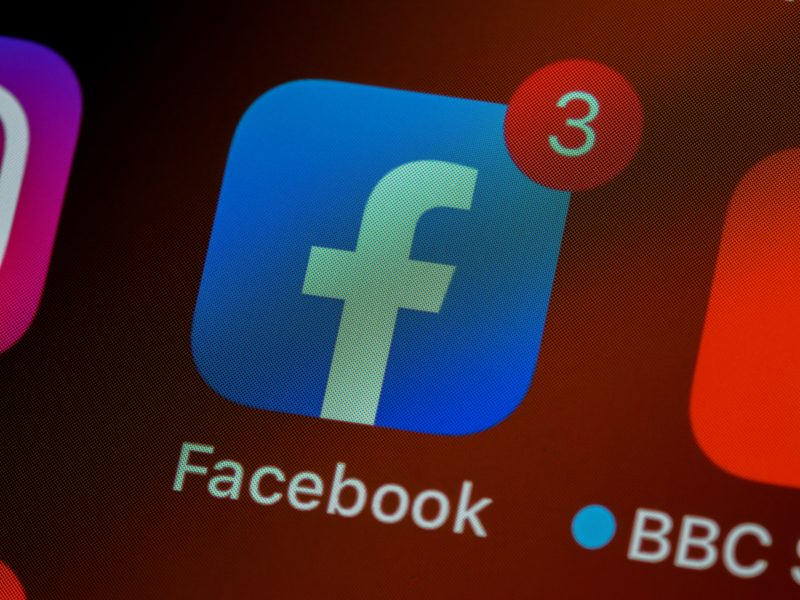Facebook is the kind of place where you find Makcik Bawang and anti vaxxers convene, have you ever wondered why?
In a recent 60 Minutes interview with former Facebook employee Frances Haugen, the whistleblower behind the enormous cache of leaked information to the Wall Street Journal (WSJ) revealed that Facebook is not interested in your safety.

It’s paying for it’s profits in our safety
Haugen said to 60 Minute’s Scott Pelley
Haugen was Facebook’s Product Manager in their Civic Integrity Group. Ironic? Yes. She chose to reveal the scathing information after dissolving the group this year.
In the leaked information, Facebook was allegedly more comfortable in making money rather than keeping users safe, this despite claiming they are suppressing hate speech.
Haugen says, “We estimate that we may action as little as 3-5% of hate and ~0.6% of V&I [Violence and Incitement] on Facebook despite being the best in the world at it.”

The root of the problem, claimed Haugen, started back in 2018, with an algorithm that was made to govern the platform.
The algorithm was supposed to drive engagements.
It serves options based on the content users engaged the most in the past.
Facebook found that it is easier to inspire hate and anger than it is other emotions to get engagement. Psychologically, that is true.
At the time, Facebook CEO Mark Zuckerberg said that the algorithm was made for a positive change in the platform. However, the documents Hague leaked to WSJ says otherwise.
After WSJ revealed “The Facebook Files“, a Congressional Hearing was held. It resulted in many memes of Facebook’s CEO.
Misinformation, toxicity, and violent content are inordinately prevalent among reshares.
From Wall Street Journal’s report of Facebook’s internal memos.
In another document to the WSJ, it was revealed that Facebook have the evidence against those who have committed atrocities, from Myanmar’s genocide to the January 6th insurrection at the White House, but would not do anything about it.
Facebook has since tried to clear its name and change the narrative of what happened through interviews, and even blog posts, to save face.










